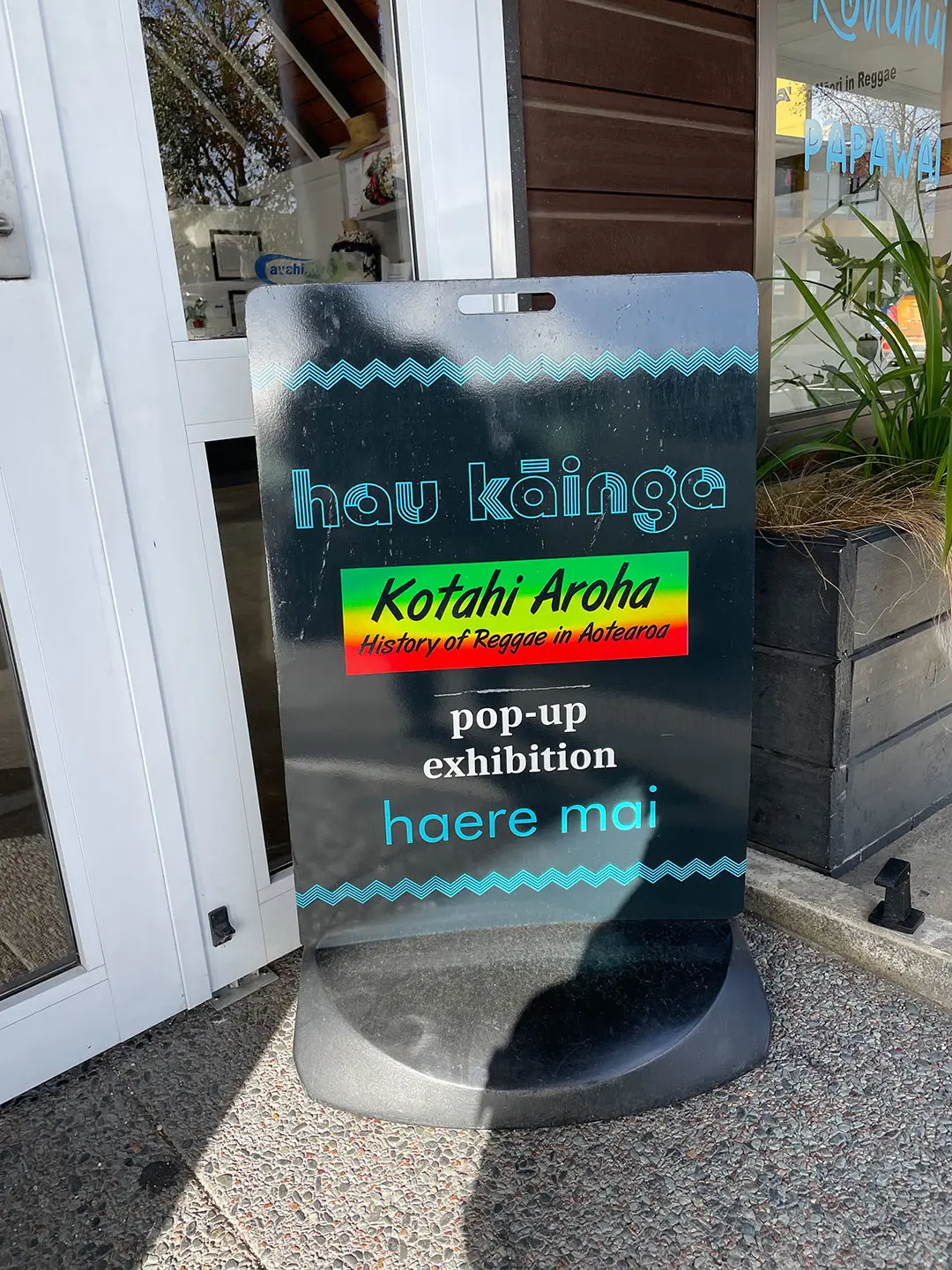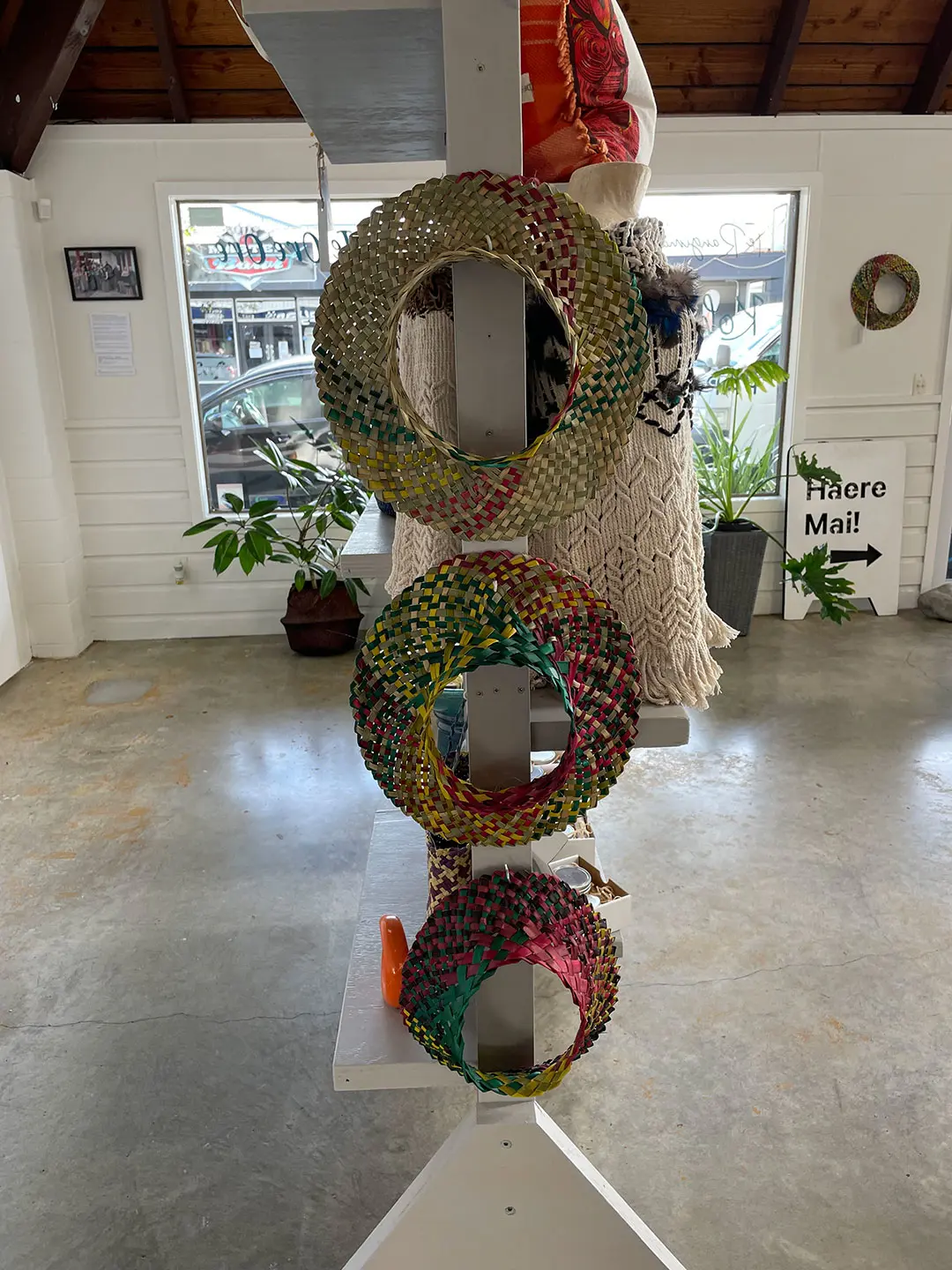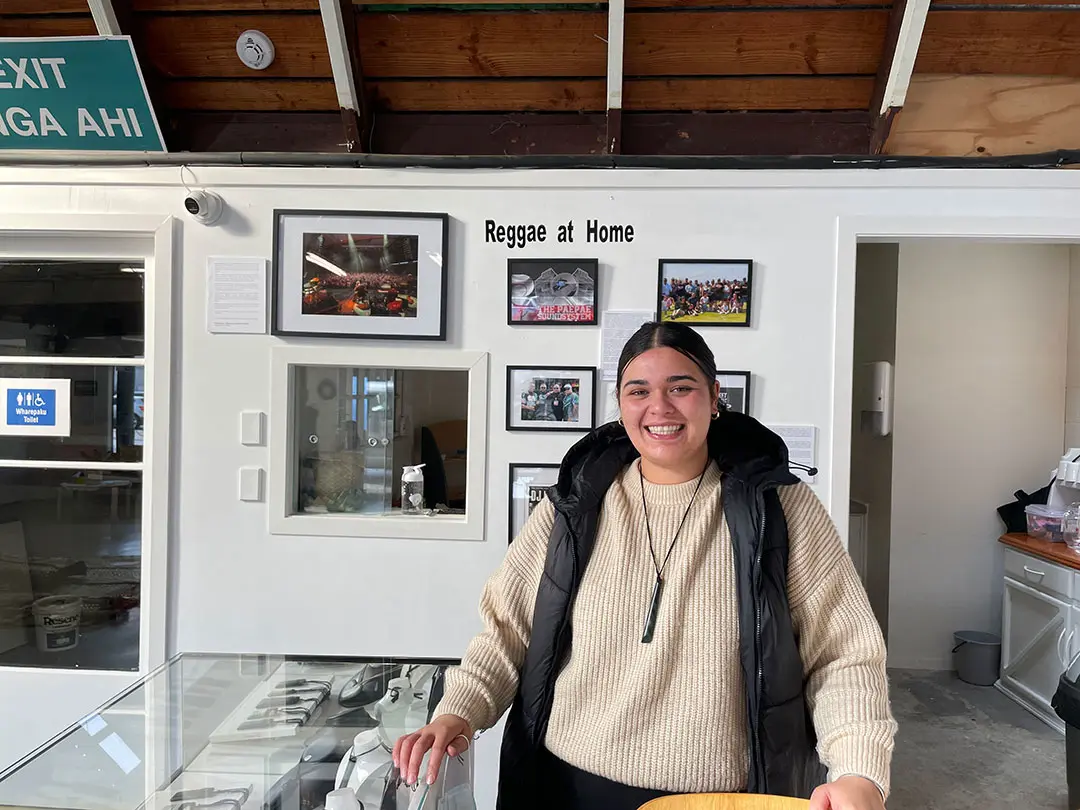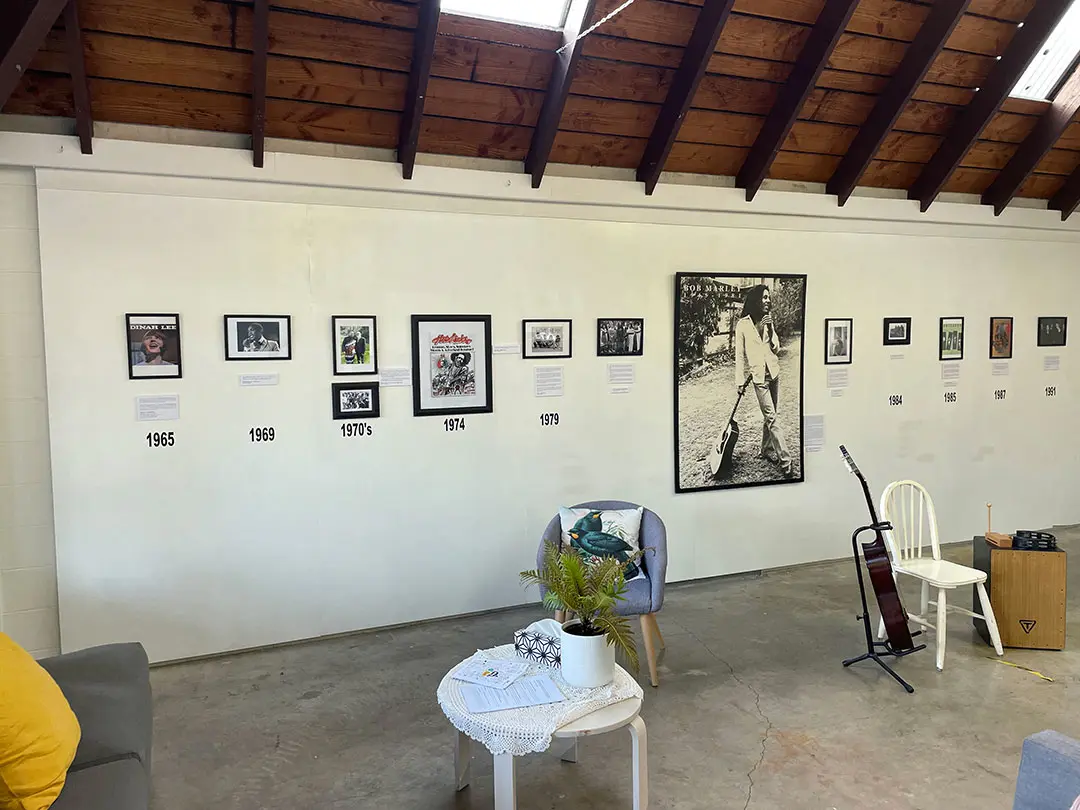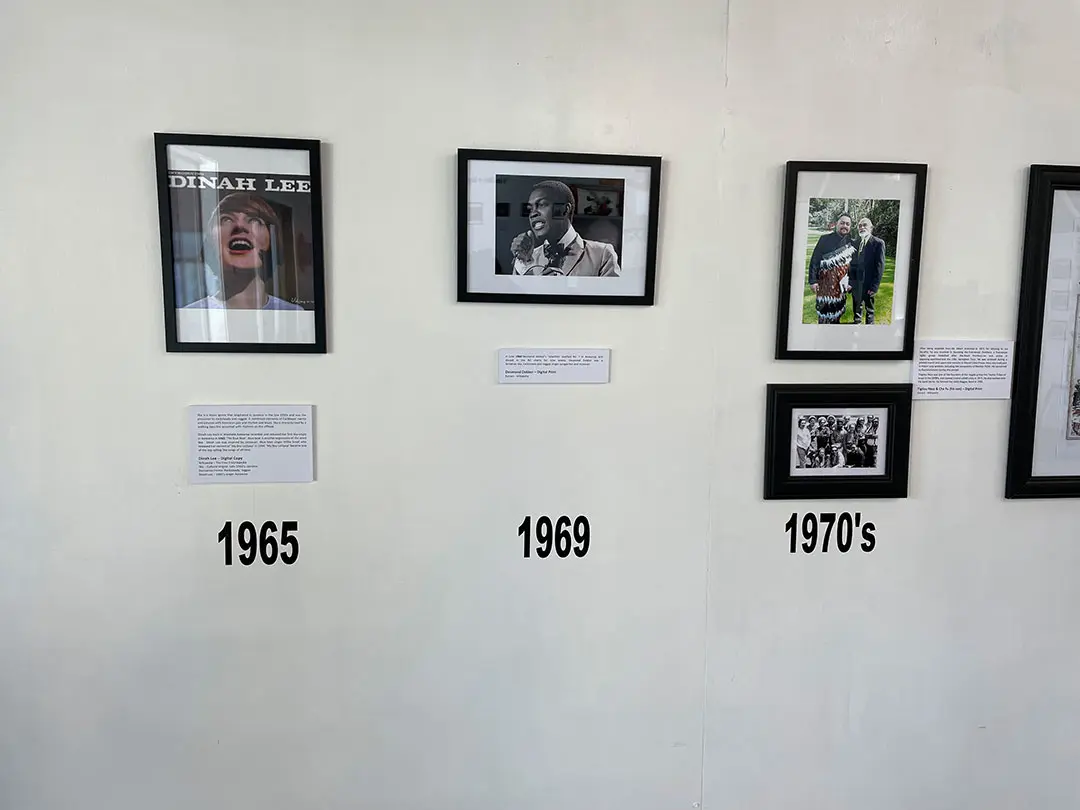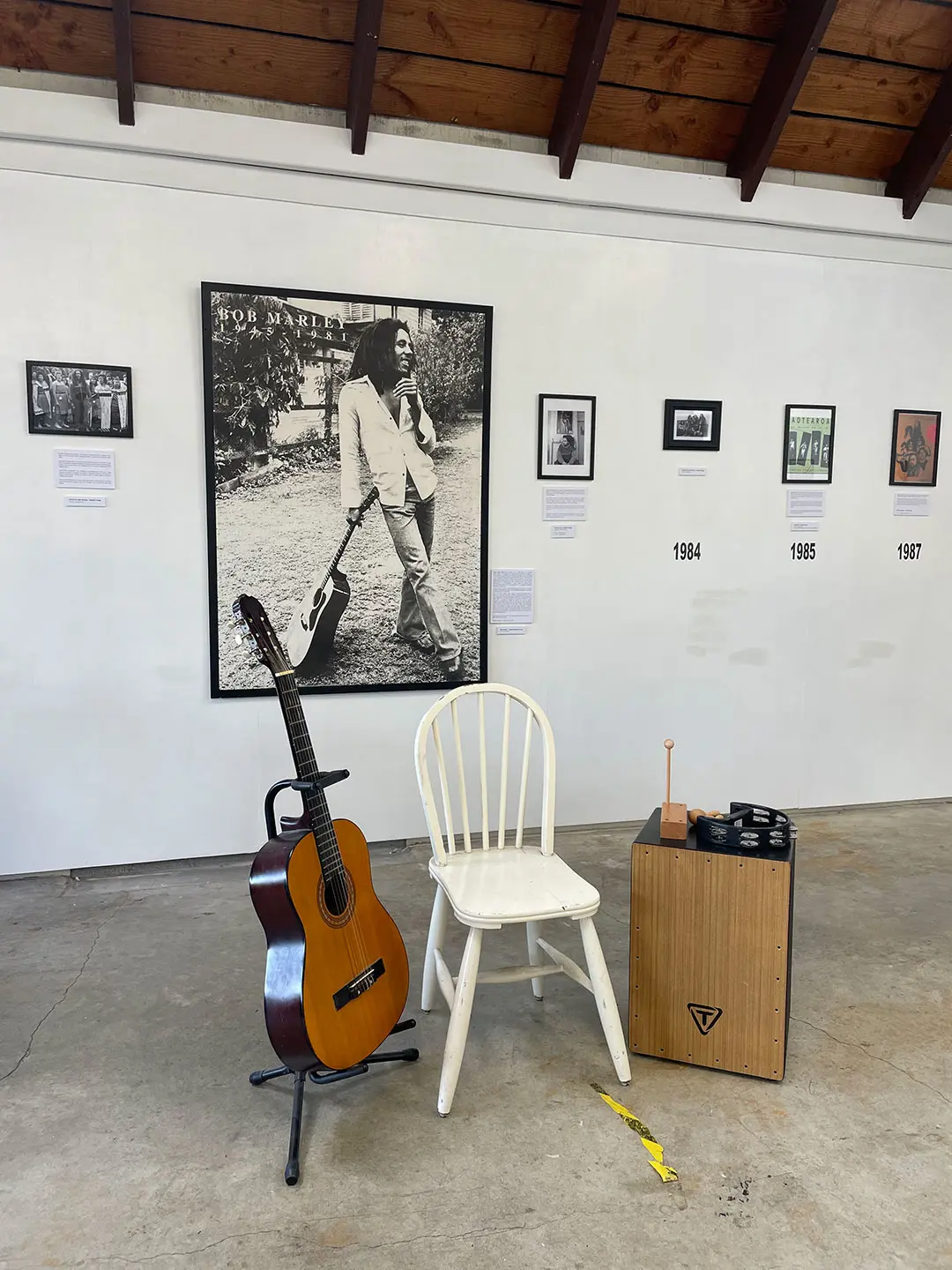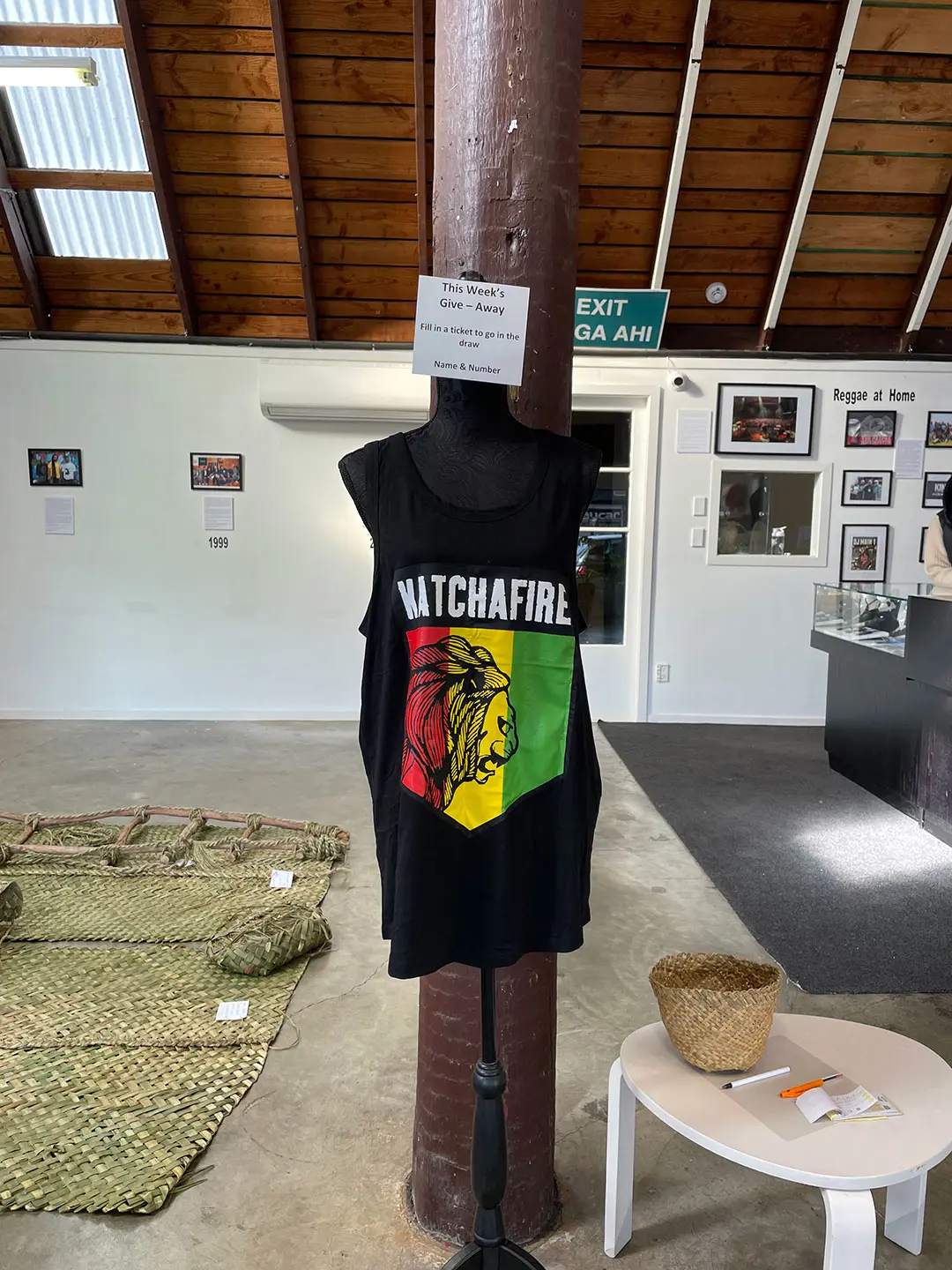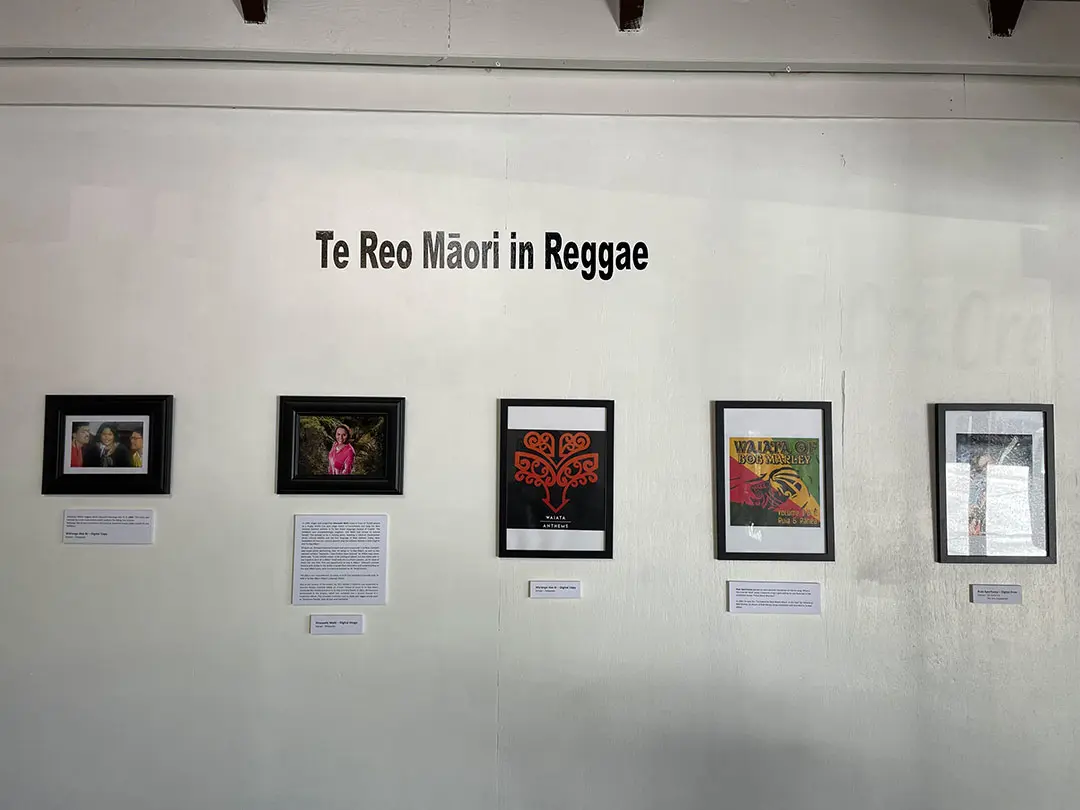Ruby Wilton iwi kairangahau 2022
Ruby Wilton (Ngāti Kahungunu ki Wairarapa) shares her experience as one of two iwi kairangahau (interns) hosted by the Alexander Turnbull Library Outreach Services. Thanks for spending time with us Ruby.
Iwi Kairangahau Iwi Summer Intern programme
The Iwi Kairangahau Iwi Summer Intern programme was an opportunity for rangatahi to gain experience in cultural heritage preservation, with a focus on documentary heritage collections held by iwi and hapū. The internships were for 12 weeks (450 hours), with a week-long induction in Wellington and each intern returned to their home rohe where they undertook their respective internships.
Iwi kairangahau worked with Library colleagues to increase their understanding of the care, preservation and conservation of taonga focussing on their areas of interest including oral history and exhibition development.
Introducing Ruby Wilton
Ruby has been working with iwi on exhibitions at the Hau Kāinga a hub for iwi in the Wairarapa. The Hub is an initiative of He Kāhui Wairarapa established in 2004 as a result of the Library’s exhibition "Kahungunu, ka moe …, ka Puta" exhibition of photographs by Samuel Carnell held at Aratoi.
Ruby’s mahi is supported by Makuini Kerehi one of the key local iwi leaders who developed local content and community events for Pūkana at Aratoi in 2021.
Iwi and marae exhibition development was the focus for Ruby with a component of her internship being spent at Aratoi.
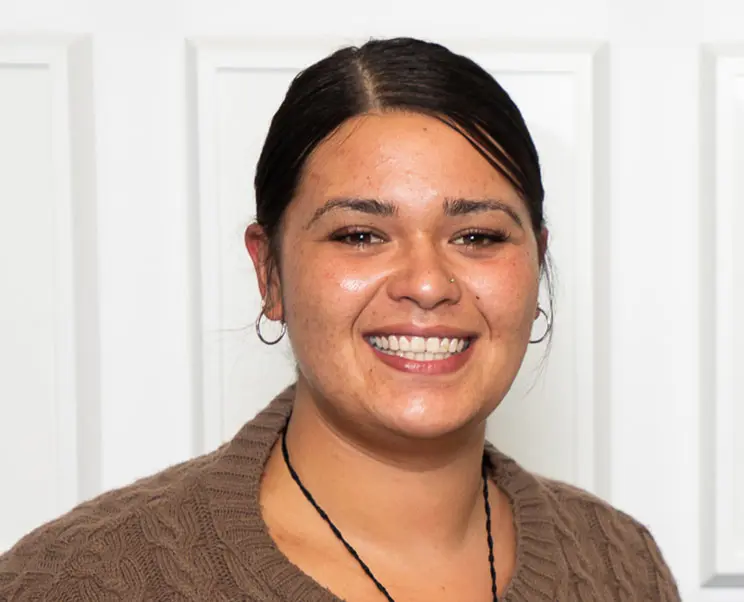
Ruby Wilton (Ngāti Kahungunu ki Wairarapa). Photo by Llewe Jones.
Pepeha
Ko Otara te maunga
Ko Tutaekuri te awa
Ko Waiohiki te marae
Ko Ngati Kahungunu te Iwi
Ko Parau te hapu
Ko Pania te toka
Ko Tareha te tangata
Ko Ruby toku ingoa,
No Whakaoriori ahau.
My journey as an intern
Since late January 2022, I have been a part of Iwi Kairangahau Iwi interns as part of the Iwi summer internship programme. Hosted by The Alexander Turnbull Library Outreach Services. This was made possible with funding from the Arts and Culture COVID recovery programme.
The internship wasn't something that I had thought about or even applied to, it was a gift that Nubian and I were handpicked for. As an intern, I want to tell people about my journey so that I have a record of it and so others can share my experience as well.
A focus on exhibitions
The main focus of my internship was exhibitions, as exhibitions relate to my main job back in Masterton at a place we love to call Hau Kāinga. We got to base our mahi in our hometowns, which in my opinion made me feel a lot more comfortable working with and around familiar surroundings. One week, every six weeks we got to travel to Wellington and work within the National Library walls. We met a range of staff who helped us through our journey, and gave advice that we will continue to use throughout our mahi.
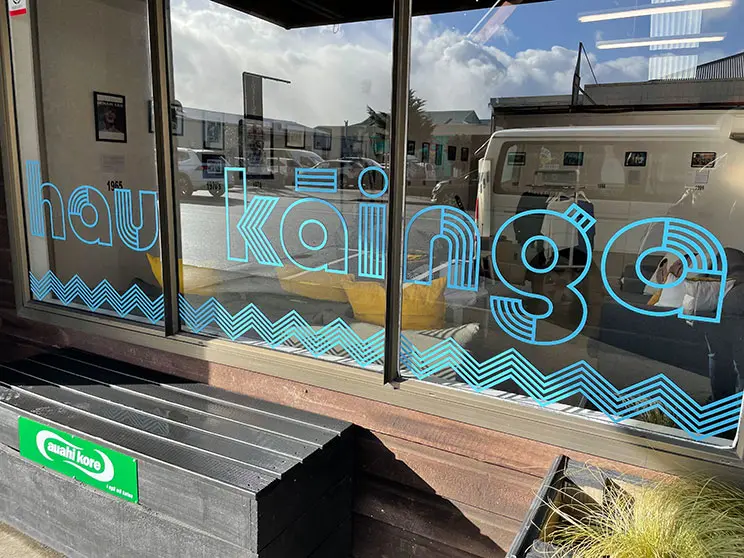
Meeting the Library team
During our first week, we got to meet the team that our mentor Vicki-Anne works with regularly. Within the first day of us being there we had already created a bond and relationship within the team. Although we did not get to meet everyone, one thing I can say is that everyone is so lovely, very welcoming, and made us feel very comfortable, in a situation we would not usually have ourselves in.
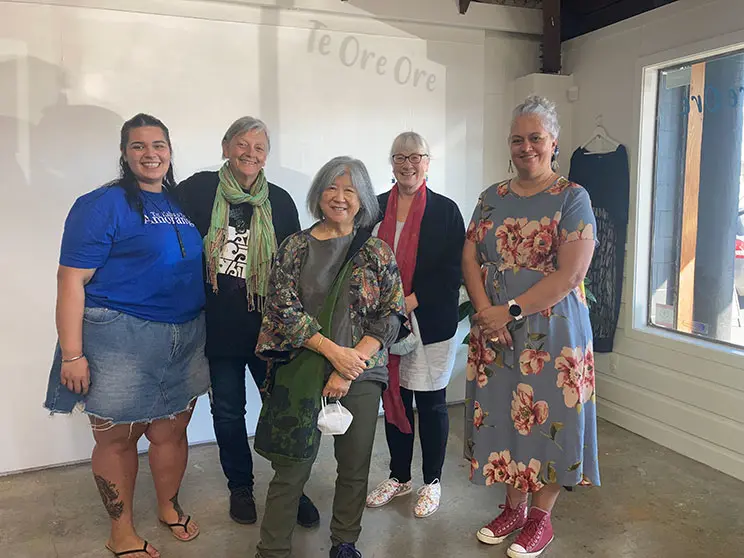
L to R: Ruby Wilton, Vicki-Anne Heikell (Field Conservator), Lynette Shum (Oral History Advisor), Joan McCracken (Outreach Services Leader), Cellia Joe-Olsen (Heritage Advice Coordinator).
Working within COVID restrictions
There were so many things that we wished we could have done or things that we had planned that got ruined by COVID! Our journey was not straight forward, we had a lot of barriers in our way but we managed to push through and make do. At the beginning of the internship, we had just gone into the (RED) zone, which meant a lot of restrictions were put into place. Masks had to be worn in every room, limits were put on how many people were allowed in a room at a time, and staff had to be cut down to groups and were only allowed in on certain days. It was a hectic time for all.
With the hard times upon us, and not being able to communicate face to face all the time, we had to use tools such as zoom to keep in contact and to be able to mahi together without being in the same room. This was hard for me as I would always forget about our weekly catch-ups. Another thing we agreed on was to write three bullet points each Monday to explain the tasks we had gotten up to during the past week. Unfortunately for me, this was also hard to keep up with. But I'm working on it.
Doing the mahi despite the barriers
One major experience that we went through while in Wellington was the protest at the ‘Beehive’, Parliament building. We were scheduled to undertake our third week in Wellington, Nubian, and I had made our way down, only to be told that we were going home the very next day. It put a whole bummer on the trip, but that did not stop us from doing the mahi. One thing we did get out of the trip, was to be able to go over our oral history homework, which made the trip worth it.
In total Nubian and I were supposed to have five visits to Wellington, but of course, that didn’t happen. Our first two trips went smoothly, the third we got hit with the protest, the fourth I got COVID, and the fifth well that was a breeze.
We even got the chance to fly down to Christchurch and talk with the Ngāi Archives team, which in my opinion was one of my highlights throughout this journey. This will be one memory I will never forget, especially because it was
my first time on an airplane. Definitely, an experience to remember.
Exhibition mounts
As I mentioned, on the fourth scheduled trip I got COVID. This was heartbreaking for me as we had a lot to get through during this week. Lessons and skills that I should have been learning to progress at my job. For example, one lesson planned was exhibition mounts. Exhibition mounts are stands to showcase an object in an exhibition. They usually will get put into a case and shown off and presented like that. This is a skill that I needed to learn and it stressed me out not being able to be there with Nubian, and have that extra week in Wellington. But that didn’t stop me from learning. On our fifth and final trip, I got to experience the lesson and now it is a skill I will be using from now on.
Kotahi Aroha exhibition
Here in Masterton, we have a place called Aratoi, Wairarapa Museum of Art and History. Working at Hau Kāinga we have created a relationship and bond, and I have been working with them to create our vision in our space at Hau Kāinga. Between Wellington and Hau Kāinga, Vicki-Anne arranged for me to do one day a week every two weeks as part of my internship. Aratoi is where I learned most of my skills, to be able to put on exhibitions. This experience has made me grow and learn so much.
Part of my internship was to come up with an idea for an exhibition and see it through till the end, and along the way use the skills I learned from the Library and Aratoi and apply it to an exhibition. With the help and mentoring of Makuini, we came up with the idea of a Reggae Exhibition, a subject we thought we knew a lot about. Little did we know we knew nothing. Now we have an up-and-running reggae exhibition called Kotahi Aroha (One Love), An exhibition of the history of reggae in Aotearoa.
An experience to remember
This whole experience will be one to remember. I gained a new sense of professionalism and a clearer view of what it takes to lead and put on an exhibition. I will take with me the skills and knowledge the Library has taught me and continue to pass it on to further generations. If I had the chance to do it again, I would in a heartbeat. I would advise anyone and everyone to take
the opportunity and do an internship.
